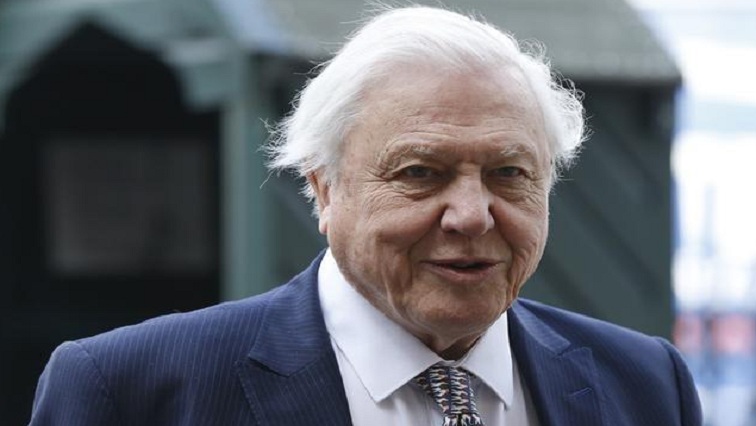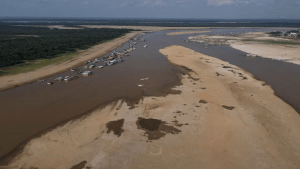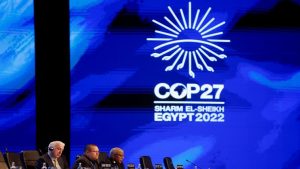British National Historian Sir David Attenborough has told the United Nations Security Council that the world was perilously close to a tipping point, that will send global temperatures spiraling catastrophically higher.
The Council – at the behest of the UK Presidency – was discussing the role the United Nations and member states could play in confronting future threats of climate change to international peace and security amid a growing body of evidence that the changing climate constitutes a threat multiplier that could increase the risk of conflict.
“I know there are people around the world who will say that this is all kind of green stuff from a bunch of tree-hugging, tofu munchers and not suited to international diplomacy and international politics. I couldn’t disagree more profoundly.”
Some of British Prime Minister Boris Johnson’s opening remarks as chair of the meeting that grappled with how climate change and rising temperatures contribute to crop failures, displacement and increased pastoralist movements into unfamiliar territories in search of food for their herds of cattle.
Attenborough made this remark: “If we continue on our current path, we will face the collapse of everything that gives us our security: food production, access to fresh water, habitable ambient temperature and ocean food chains. And if the natural world can no longer support the most basic of our needs, then much of the rest of civilisation will quickly break down. Please, make no mistake. Climate change is the biggest threat to security that modern humans have ever faced.”
*The UN Chief Antonio Guterres calling the climate emergency the defining issue of our time urging a greater focus on prevention through strong, ambitious climate action.
*Immediate efforts to protect communities from frequent climate impacts.
*Embracing a concept of security that puts people at the centre.
*And the need to deepen partnerships across and beyond the UN.
“The COVID-19 pandemic has shown the devastation that so-called non-traditional security threats can cause, on a global scale. Preventing and addressing the poverty, food insecurity and displacement caused by climate disruption contributes to sustaining peace and reducing the risk of conflict. The Nobel Committee recognized this when it awarded the Nobel Peace Prize to the World Food Programme last year. Respect for human rights, particularly women’s rights, the rule of law, inclusion and diversity, are fundamental to solving the climate crisis and creating more peaceful and stable societies.”
Kenya’s President Uhuru Kenyatta drew a direct link between climate and security in the African context: “The nexus is already impacting Africa which files dominate your Council’s agenda and in this regard I would ask you to listen to us Africans when we tell that there is a clear link that has impacted tangibly and therefore needs urgent solutions. Africa unfortunately will suffer the worst consequences of climate change despite being the least responsible for global greenhouse gases and projected climate change for Africa suggests a future of increased water insecurity decreased agricultural yields, encroaching dessert as well as damaged coastal infrastructure.”
As the US seeks to reassert its leadership role on this issue after rejoining the Paris Climate Accord last week.
US Presidential Envoy for Climate John Kerry said: “Some argue that climate change isn’t the business of the UN Security Council – well we could only wish that that were true. But the fact is that the climate threat is so massive, so multifaceted, that it’s impossible to disentangle it from other challenges that the Security Council faces. We bury our heads in the sand at our own peril. It is time to start treating the climate crisis like the urgent security threat that it is.”
A deadline for countries to commit to deeper emission cuts will be reached at the COP26 Glasgow Climate Change Summit in November.






